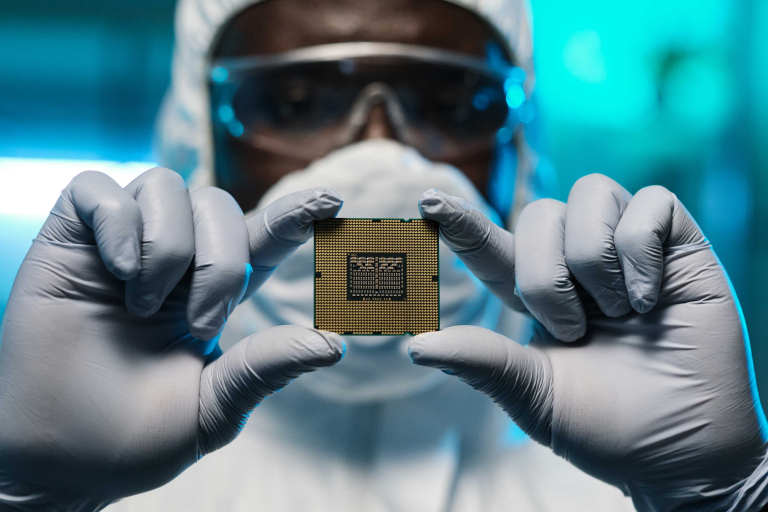How You Can Access Opportunities in Microchip Manufacturing
The microchip manufacturing industry is experiencing a renaissance in the United States, driven by increasing demand and strategic investments. As technology continues to permeate every aspect of our lives, the need for advanced microchips (also called semiconductors) has never been higher. Whether you’re a recent high school graduate or looking to switch careers, microchip jobs might be your gateway to a bright future.
Why Microchip Manufacturing Is Booming in the US
In recent years, the US has made significant strides in revitalizing its semiconductor manufacturing capabilities. Several factors contribute to this surge, including geopolitical considerations and supply chain resilience concerns around becoming too reliant on microchips from eastern Asia, which became painfully apparent amid the pandemic-era microchip shortages. Substantial federal investments such as those from the CHIPS Act aim to bolster domestic production with microchip manufacturers.
The Microchip Industry Provides Lucrative, High-Quality Jobs
The semiconductor industry is growing and providing a wealth of high-quality jobs. The field is diverse, offering roles ranging from equipment maintenance to quality control, with many opportunities for career advancement through additional training and experience.
Microchip manufacturing jobs are typically well-compensated and have excellent benefits and job security, making now an excellent time for new graduates and career changers alike to enter this field.
How to Qualify for a Job in Microchip Manufacturing
Breaking into the microchip manufacturing industry — which can include both production and business strategy — requires a mix of technical skills, training, and, sometimes, a bit of specialized education. This can include knowledge in STEM subjects, business, accounting, and more depending on the role. However, a college degree is not always a prerequisite. To qualify for these jobs, seek out some or all of the following:
-
Technical and computer skills. Important skills for semiconductor processing technicians include critical thinking, quality control analysis, reading comprehension, and technology troubleshooting. Applicants should also be detail-oriented and proficient in word processing and spreadsheet programs.
-
Vocational training and certifications. Programs that focus on electronics, machinery, and computer technology can be particularly valuable. Institutions such as community colleges and technical schools often offer relevant courses and certifications that can prepare candidates for entry-level positions.
-
On-the-job training. Many employers provide extensive on-the-job training to help new hires get up to speed. For instance, Intel and other major semiconductor companies have developed training programs tailored to equipping workers with the necessary skills.
-
Apprenticeships and nonprofit training programs. Some organizations offer apprenticeships or training programs that combine classroom instruction with hands-on experience, providing a solid foundation in semiconductor manufacturing processes.
Get Opportunities in Microchip Manufacturing With On Point for College
On Point for College (OPFC) helps traditional and nontraditional students in the Central New York region overcome the barriers to higher education and careers. We support our students from application through graduation and beyond, empowering them to fulfill their dreams and achieve their potential, which ultimately benefits both individuals and the community.
There are already several microchip manufacturing plants in upstate New York, with more arriving soon in the area, and OPFC is partnering with them to develop talent for in-demand jobs.
Our Career Services team provides a range of services designed to help On Point students and graduates find career guidance, opportunities, and employment that align with their skills and education. Join us to get help with your internship, job search, or career journey, and master all things related to building good professional relationships.
Ready to become part of OPFC? Fill out our new student interest form here.

